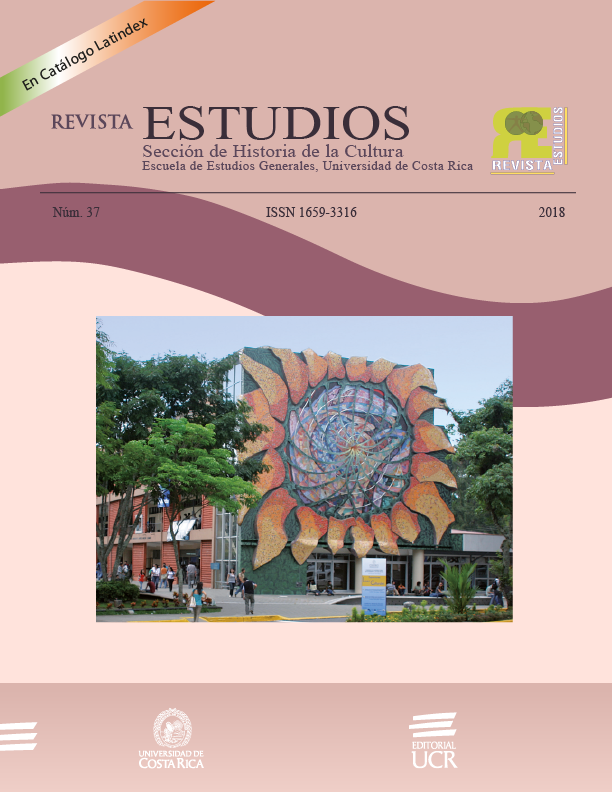Abstract
Under the initial warning that neither Luther was a democrat nor the Protestant Reformation had among its aims the political democratization of society, this article explores three dimensions of movement and thought of its main referent, which are at the base of the emergence of representative democracies: its media, technology and communication dimension; its geopolitical and economic dimension and its ideological dimension. In Luther and the Reformation the tensions of a change of epoch of which they are a product are appreciated, but at the same time they embody it in a religious phenomenon and from that same perspective they propel it.
References
Abellán, J. (2012). Política, Madrid: Alianza Editorial.
Bullón, H. (2013). El pensamiento social protestante y el debate latinoamericano sobre el desarrollo, Michigan: Libros Desafío.
Castells, M. (2009). Comunicación y Poder, Madrid: Alianza Editorial.
Egido, T. (2006). Lutero. Obras, Salamanca: Ediciones Sígueme.
Febvre, L. (1956). Martin Lutero: un destino, México D.F.: Fondo de Cultura Económica.
Hermet, G. (2001): “Del populismo de los antiguos al populismo de los modernos” en Del populismo de los antiguos al populismo de los modernos, Hermet, G., Loaeza, S., Prud’homme, J. (Comps.), México DF: Colegio de México.
McLuhan, M. (2009): Comprender los medios de comunicación. Las extensiones del ser humano, Barcelona: Paidós.
Roper, L. (2017). Martin Lutero. Renegado y profeta, Barcelona: Editorial Taurus.
Thompson, J. (1998): Los media y la modernidad. Una teoría de los medios de comunicación, Barcelona: Paidós editorial.
Todorov, T. (2012): Los enemigos íntimos de la democracia, Barcelona: Galaxia Gutenberg.


